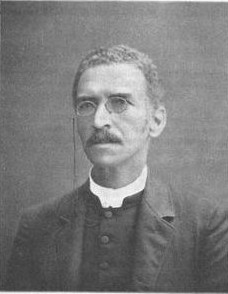“A pretty good test of a man's religion is how it effects [sic] his pocketbook”
The Works of Francis J. Grimke (1942), edited by Carter Godwin Woodson, Associated publishers, Incorporated, vol III, page 75
Contexte: A pretty good test of a man's religion is how it effects [sic] his pocketbook; if he gives liberally to religion and benevolence, and gives willingly, his religion means something. But if he is mean, close-fisted, and when he gives gives grudgingly, not of a willing mind, never mind what his profession may be, however unctuously he may speak about religious matters, you may put it down that his religion is a sham, a mere pretense.
